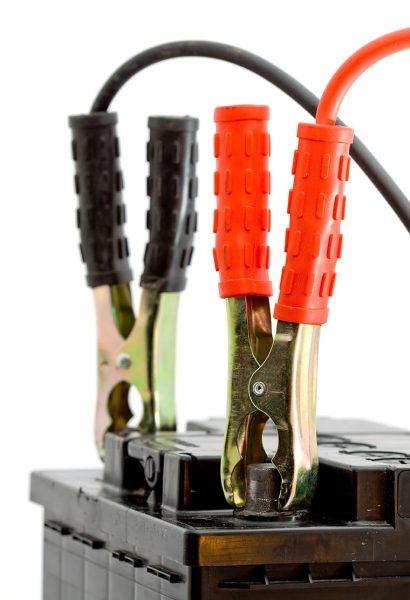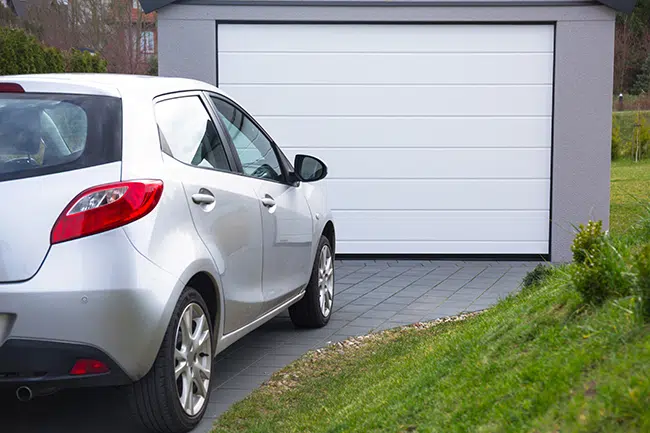
The Real Scoop on 5 Popular Car Battery Myths
Car batteries are pretty simple for professional auto techs to understand. But they are a complete mystery to most consumers. Your average driver only knows that the battery provides the electricity necessary to start the engine. That’s about it. As a result, car battery myths abound.
Our blog posts tend to focus on things like jump starters, battery chargers, and battery testers. We are going to take a slightly different tack this time around. Instead of getting into some of the technical aspects of battery charging and maintenance, we’re going to reveal the real scoop on five popular car battery myths.
As you read, keep in mind that we offer a full array of battery-related automotive equipment. Be sure to check out our jump starters, power inverters, battery maintainers and chargers before you leave our site. With that out of the way, let’s get to the myths.
Myth #1: Heavier Batteries Perform Better
A heavier battery may contain more lead plates which, under normal circumstances, used to indicate better performance in days gone by. But this is no longer the case. Modern technology has improved both capacity and performance while simultaneously reducing weight. Heavier batteries are no longer better performers by default.
Incidentally, lithium batteries offer a higher energy density than their lead acid counterparts. That allows manufacturers to use lighter materials to reduce weight. A typical lithium battery of equivalent weight outperforms a lead acid battery across several performance criteria.
Myth #2: Dead Batteries Can Be Recharged with a Short Drive
How often do you encounter someone with a dead battery who believes that a jump-start and short drive are all that is necessary to fully recharge the cell? It is not true. Due to the energy-intense electronics in modern cars, car batteries are constantly being drained – even during normal driving. A short drive of 10-20 minutes just isn’t enough to replenish a dead battery. That’s why the professionals recommend using a battery charger to bring the battery back to a fully charged state.
Myth #3: Less Use Equals Longer Battery Life
It used to be arguable that less use would equal longer battery life. But those were in the days when cars were not equipped with advanced electronic controls and systems. Today, it is no longer true. Even if you are not driving, electronic components are drawing power from the battery. Disconnecting the battery cables wouldn’t help, either. Even unused batteries gradually discharge over time.
If you’re worried about extending battery life, one of the best things you can do is invest in a battery maintainer. It is a device that keeps a battery fully charged over extended periods, thus extending battery life by reducing the natural gradual discharge over time that all batteries face.
Myth #4: Car Batteries Discharge Faster in Cold Weather
This next myth is that car batteries discharge faster in cold weather. Yes, they do discharge fast at 0˚F than 70˚F, but not enough to matter over days or a few weeks. This perception of faster discharge in cold tmeps is probably the result of struggling to start a car on a really cold day. You might completely drain a battery after just a few cranks. However, it’s not due to the fact that batteries drain faster when it’s cold. The real culprit is that cold temperatures, especially below 0˚F, reduce a battery’s energy potential (difference between CA and CCA) combined with the fact that a cold engine that requires more power to turn over and start. So, it isn’t faster discharge.
Myth #5: Car Batteries Suffer from the Memory Issue
Some types of consumer batteries are subject to what we refer to as a ‘memory’ issue, where you want to deeply discharge them before starting a new charge cycle, because they only have a limited number of charge cycles in them. Modern car batteries do not have this issue. If fact, lead acid batteries, whether in your car or in your jump starter, perform best and last longest when they’re kept at or near full charge as much as possible.
Here at Clore Automotive, we are passionate about batteries and charging systems. We also want people to be knowledgeable about how their car’s battery(ies) work. The more vehicle owners know about their vehicle’s battery and electrical system, the better equipped they are to make wise decisions.



